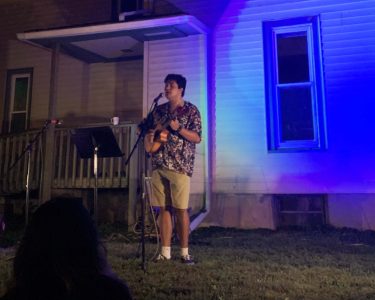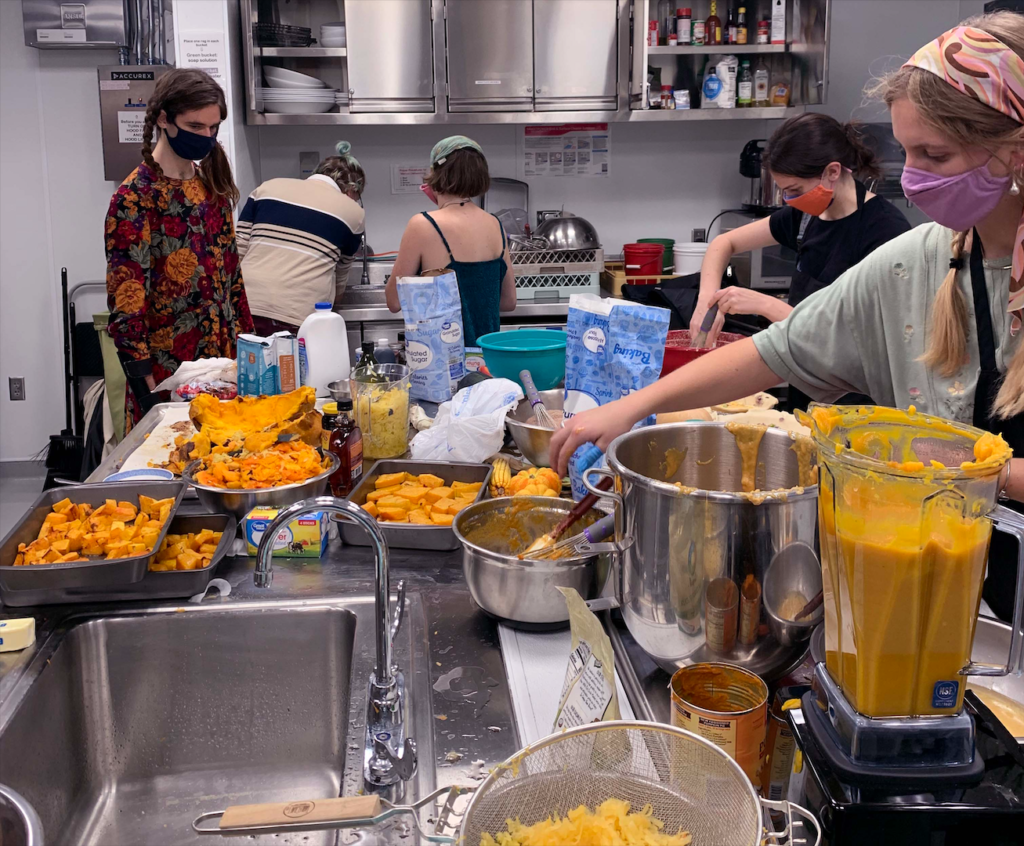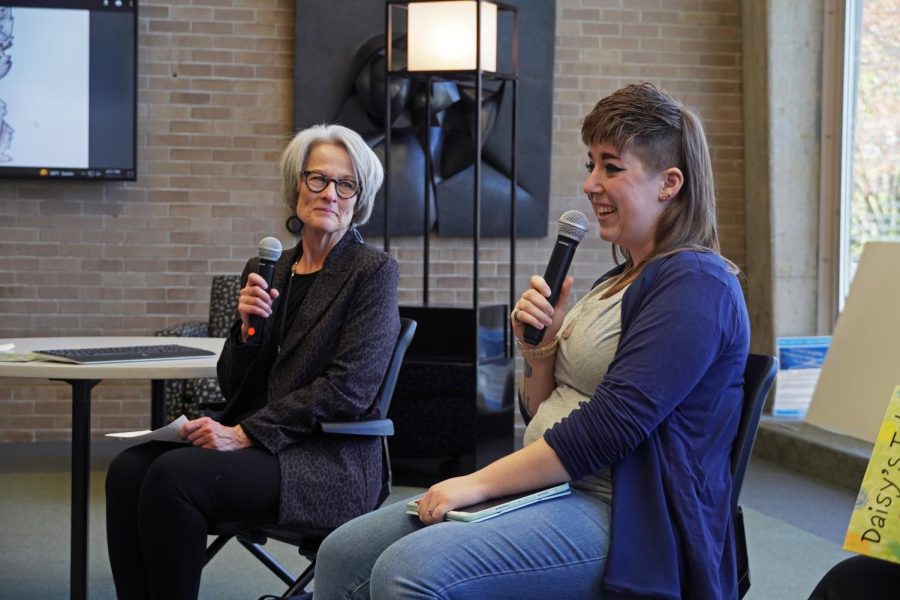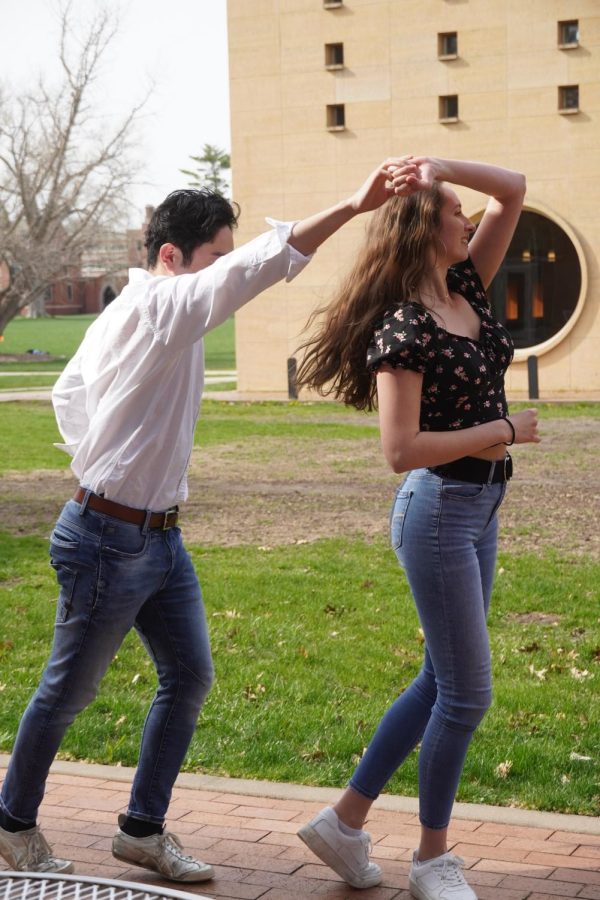Students in the College’s language and project houses have worked to establish a sense of community after more than a semester away from residential college life, but some have struggled to plan activities and community programming as they shift to a new model of funding.
The campus houses consist of five language houses – Chinese House, French House, German House, Russian House and Spanish House – and five project houses – Food House, Popcorn House, Art House, Farm House and GAME House.
Jade McMahon `22, Student Government Association (SGA) treasurer, said that in the past, campus houses were limited to six dollars per student per semester, funded from Residence Life.
Although those funds could be sufficient for Community Advisors seeking to hold events for large numbers of students in dormitories, McMahon said that project houses with smaller groups of students struggled with funding their programming.
“If you think about houses like Food House, what are you going to do with $60 a semester, with cooking a meal?” McMahon said.
But when SGA began to phase in a new pilot program to provide project houses with a flat sum to fund programming, the COVID-19 pandemic hit and students were forced to leave campus.
This year, McMahon said she and Leah Reuber, associate director of residence life, collaborated to reinstate the program — with the new addendum of also providing language houses with a lump sum for programming. $6,000 total, at a rate of $600 per house, has now been allocated to language and project houses for each semester.
The new program positions campus houses more independently from SGA’s purview. McMahon said that funds have been transferred to Residence Life staff, who now oversee specific budgetary requests.
If you think about houses like Food House, what are you going to do with $60 a semester, with cooking a meal? – Jade McMahon `22, SGA Treasurer
The changes have led to some confusion and delays in funding or budgeting for some project house members, but campus-wide and house programming has continued regardless.
Tara Rawlings `23 is a resident of GAME house, a campus house dedicated to providing a site for substance-free games and fun activities. She said in an email that GAME House had explored three different avenues for funding: through the budget allotted per person per house, SGA requests and Residence Life funding, which enabled GAME House to host events like a “Watermelon Bash” and haunted house.
Farm House — a project house that centers around sustainability, agriculture, and food justice — boasts its own garden, which is used to grow produce that is shared freely with people on campus and in the community. They have held multiple events despite the funding challenges.
Eliza Meyer `23, a Farm House resident, said Farm House had already worked to plan some all-campus events this semester, such as Farmstock, a concert for student musicians, and Brarvest Hunch, a brunch event featuring late-season produce that Farm House had grown.

“I want to see other people come into the garden, and help make the space their own, too,” Meyer said.
“I don’t think we’ve requested any money, but part of the reason we haven’t requested any money is because we have this perception that the SGA process has been so backed up,” Meyer said, although she added that Farm House had received some funding for programming through Residence Life.
Correction: A previous version of this article stated that houses were funded at $500 per house, not the actual $600. Correction made by Lucia Cheng on December 8th, 2021 at 8:41 p.m.





























































